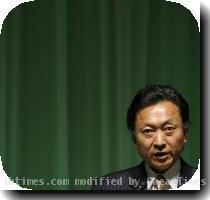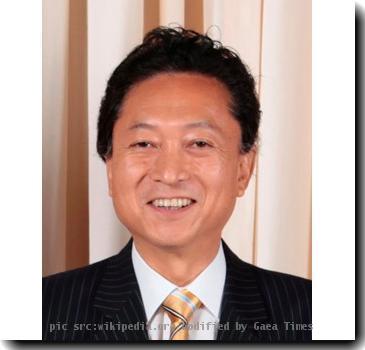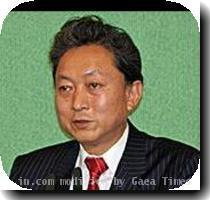Japan prime minister seeks more equal ties with US in 50th anniversary year of security pact
By Jay Alabaster, APSunday, January 3, 2010
Japan leader wants more equal ties with US
TOKYO — Japan’s prime minister said Monday he will press for more equal ties with Washington this year, the 50th anniversary of a joint security treaty that grants many special privileges to U.S. troops stationed in the country.
Prime Minister Yukio Hatoyama, in a New Year’s speech shown live on national television, said he hopes the alliance will evolve to become more open and candid.
It is important “for both sides to be able to firmly say what needs to be said, and to increase the relationship of trust,” he said.
Under a security pact signed in 1960, U.S. armed forces are allowed broad use of Japanese land and facilities, and currently some 47,000 American troops are stationed in Japan. The U.S. is obliged to respond to attacks on Japan and protects the country under its nuclear umbrella.
More than half those troops are stationed in the southern island of Okinawa, where many residents complain about noise, pollution and crime linked to the bases.
U.S.-Japan ties have become strained since Hatoyama took office in September over the relocation of Futenma U.S. Marine airfield on Okinawa, as part of a broader reorganization agreed in 2006. The plan calls for 8,000 Marines to be transferred to the U.S. territory of Guam and for Futenma’s facilities to be moved to a northern part of Okinawa.
But residents oppose the move and simply want Futenma shut down. Hatoyama has delayed making a final decision and said he’s willing to consider other options for the base. The leader of a junior coalition partner has said she wants the base moved off Japanese territory altogether.
In Monday’s speech, the prime minister said the Japan-U.S. partnership also needs to tackle broader issues such as global warming.
“It doesn’t even need to be said that the core of the Japan-U.S. alliance is military security. But it is important to show that at various levels, Japan and America are in a crucial relationship,” he said.
Domestically, Hatoyama said his main priority was passing a new budget and fiscal measures to keep Japan’s nascent economic recovery on track.
He said it was too soon to elaborate on his party’s strategy for elections for the less powerful upper house of parliament coming up this summer. Recent polls have shown his popularity has fallen sharply since his party swept to power last year.


